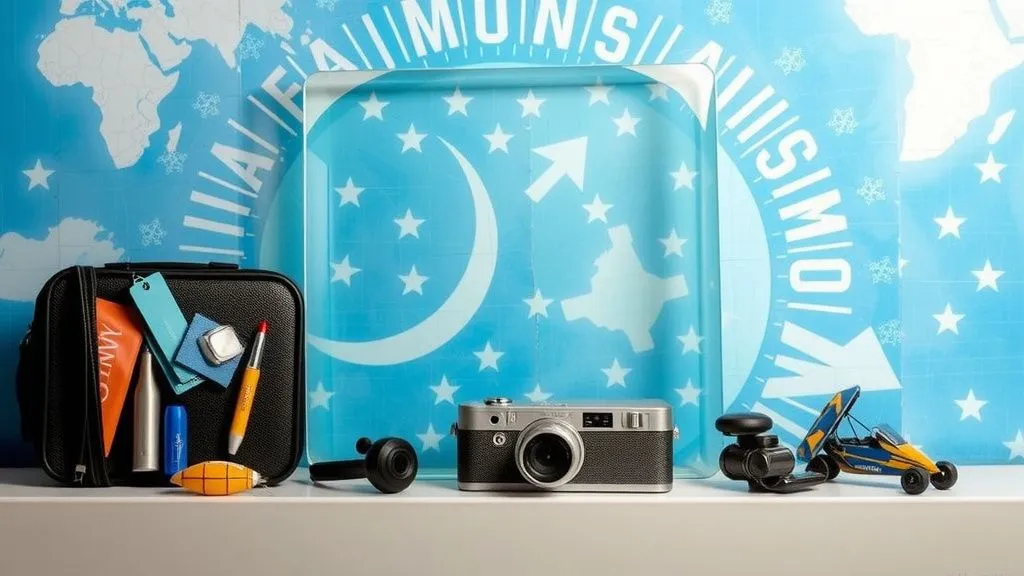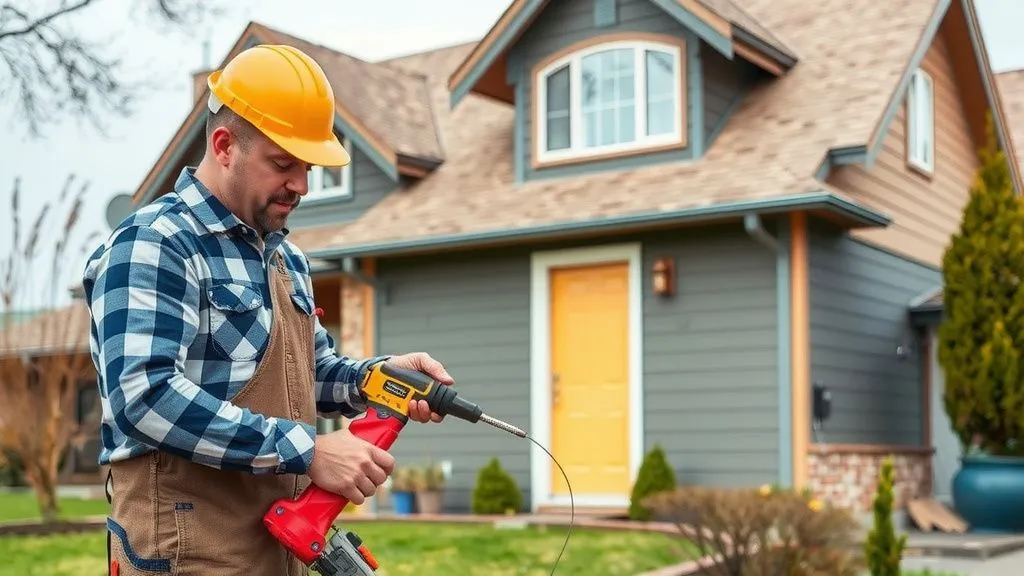Sustainable Living Money-Saving Tips
Living sustainably not only benefits the environment but can also save you money in the long run. By adopting eco-friendly habits and making conscious choices, you can reduce your ecological footprint while keeping more money in your pocket. In this article, we will explore various money-saving tips for sustainable living.
1. Reduce Energy Consumption
One of the biggest contributors to monthly expenses is energy consumption. By implementing energy-saving practices, you can significantly reduce your utility bills. Here are some tips:
- Switch to LED bulbs: LED bulbs use less energy and last longer than traditional incandescent bulbs.
- Unplug electronics when not in use: Many devices continue to draw power even when turned off. Unplugging them can save electricity.
- Install a programmable thermostat: This allows you to control your heating and cooling settings based on your schedule, optimizing energy usage.
2. Conserve Water
Water conservation not only helps the environment but also reduces your water bill. Consider these water-saving techniques:
- Fix leaks promptly: A dripping faucet or running toilet wastes a significant amount of water over time. Repair leaks as soon as possible.
- Take shorter showers: Cutting down shower time by just a few minutes can save gallons of water per month.
- Collect rainwater: Use rain barrels to collect rainwater for watering plants instead of relying solely on tap water.
3. Embrace Sustainable Transportation
The cost of transportation can add up quickly, but opting for sustainable modes of travel can help you save money while reducing carbon emissions. Consider the following options:
- Walk or bike for short trips: Not only will you save money on gas, but you'll also improve your health and reduce pollution.
- Use public transportation: Public transit is often more affordable than driving, especially in urban areas with well-developed systems.
- Carpool or rideshare: Sharing rides with others can significantly reduce fuel costs and decrease traffic congestion.
4. Buy Secondhand
Buying secondhand items is not only budget-friendly but also environmentally friendly. Instead of purchasing brand new products, consider these alternatives:
- Thrift stores and consignment shops: These places offer a wide range of gently used items at a fraction of their original price.
- Online marketplaces: Websites like Craigslist and Facebook Marketplace allow you to buy and sell used items locally.
- Swap events or clothing exchanges: Participate in community events where people exchange items they no longer need.
5. Reduce Food Waste
The average household wastes a significant amount of food each year, resulting in both financial loss and environmental impact. Here are some tips to minimize food waste:
- Create meal plans and shopping lists: Planning meals ahead of time helps prevent impulse purchases and ensures that you use all the ingredients you buy.
- Properly store leftovers: Use airtight containers to store leftover food, allowing you to enjoy it later without spoilage.
- Compost food scraps: Instead of throwing away vegetable peels and other organic waste, start a compost pile or use a compost bin. The resulting compost can be used to fertilize your garden.
6. Practice DIY and Repurposing
Instead of buying new items or hiring professionals for every task, consider do-it-yourself (DIY) projects and repurposing existing materials. This approach can save you money while promoting sustainability. Here are some ideas:
- Repair instead of replacing: Before discarding a broken item, explore the possibility of repairing it yourself or taking it to a repair shop.
- Repurpose old items: Get creative and find new uses for items that would otherwise be thrown away. For example, turn an old ladder into a bookshelf or use glass jars as storage containers.
- Learn basic DIY skills: By learning simple repair and maintenance tasks, you can save money on home repairs and improvements.
7. Support Local and Sustainable Businesses
When making purchasing decisions, consider supporting local businesses and those that prioritize sustainability. While prices may sometimes be slightly higher than at big-box stores, the benefits outweigh the costs:
"Every time you spend money, you're casting a vote for the kind of world you want." - Anna Lappé
In addition to supporting local economies, sustainable businesses often prioritize ethical practices such as fair trade, organic production, and reduced environmental impact.
Conclusion
Sustainable living doesn't have to be expensive. By implementing these money-saving tips in your daily life, you can contribute to a healthier planet while keeping more money in your pocket. Remember that small changes add up over time, so start incorporating these habits today for a greener future!


